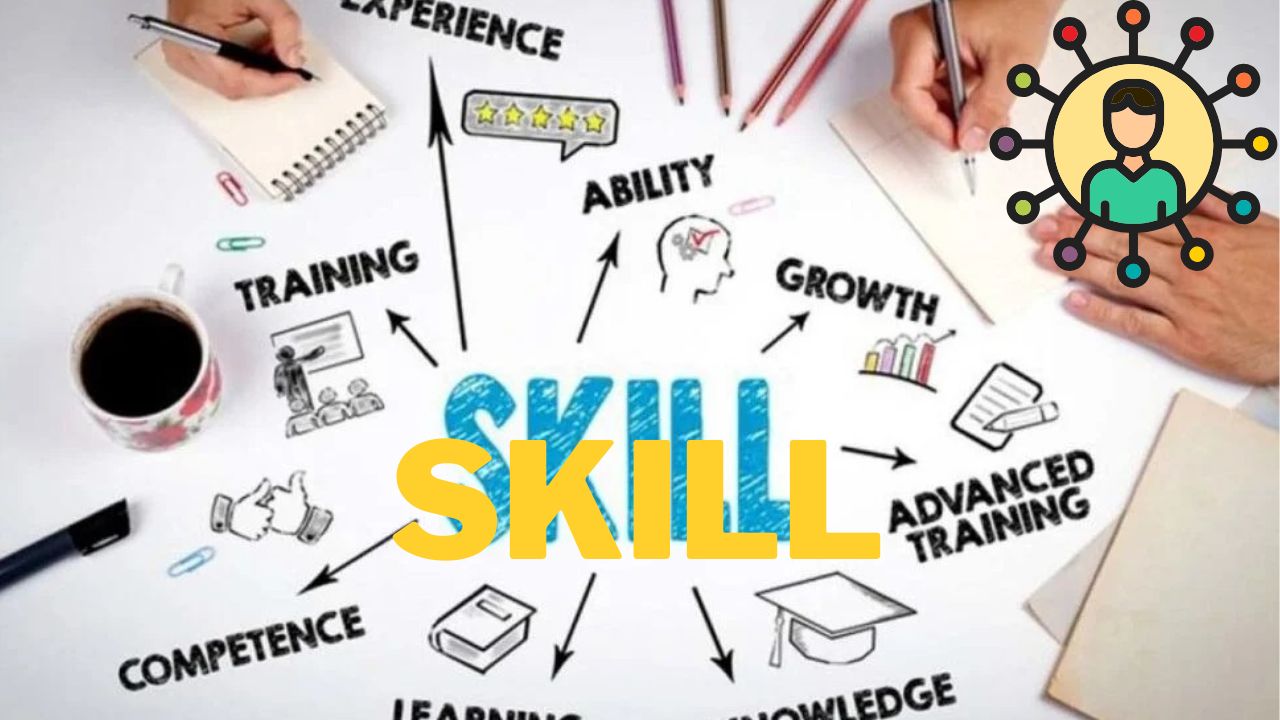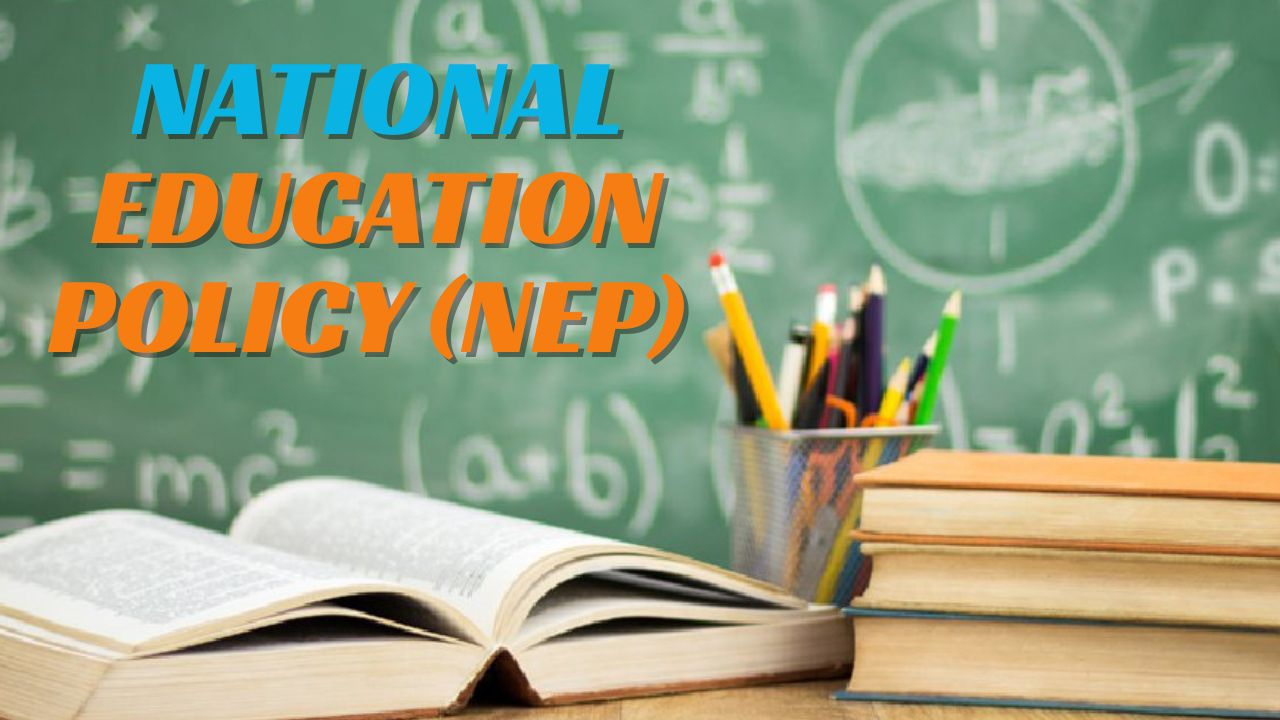Union Education Minister Dharmendra Pradhan has announced that the government is preparing to introduce skill-based learning into the curriculum for Classes 11 and 12, marking a significant transformation in the Indian education system. The initiative follows the recommendations of the National Education Policy (NEP) 2020, which emphasizes making education more holistic, competency-driven, and aligned with the needs of the modern workforce.
Speaking at an event at the Indian Institute of Technology (IIT) Madras, Mr. Pradhan highlighted the need for a paradigm shift in the way education is structured. He explained that the earlier model focused heavily on degrees and certificates, often neglecting the actual competencies required to succeed in professional life.
Why Skill-Based Learning Matters
For decades, Indian education has been criticized for prioritizing rote learning and theoretical knowledge over practical skills. While students earned degrees, many lacked the hands-on expertise employers demanded.
The new shift toward skill-based learning aims to:
- Bridge the gap between academic knowledge and employable skills.
- Prepare students for emerging industries such as artificial intelligence, robotics, renewable energy, data science, and advanced manufacturing.
- Encourage a competence-first approach that values problem-solving, critical thinking, and innovation.
- Ensure that every student graduates with job-ready skills in addition to academic qualifications.
Mr. Pradhan emphasized that Prime Minister Narendra Modi has consistently stressed the importance of certification backed by competence, rather than just degrees without real-world application.
Summary Table
Key Point |
Details |
|---|---|
Policy Announcement |
Skill-based learning to be introduced in Class 11 and 12 syllabus |
Announced By |
Union Education Minister Dharmendra Pradhan |
Event |
IIT Madras, September 2025 |
Policy Basis |
National Education Policy (NEP) 2020 recommendations |
Early Implementation |
Skill-based education to start formally from Class 6 |
Objective |
Shift focus from degrees to real-world competence and skills |
Expected Impact |
Improved employability, holistic education, reduced skill gaps |
Official Website |
Skill Education to Begin from Class 6
While the announcement focuses on senior secondary classes (11 and 12), Mr. Pradhan also revealed that the government intends to introduce skill-based learning from Class 6 onwards.
This approach marks a departure from the past, where skill development was optional and available only to selective groups of students. Now, skill-based education will become a formal part of the curriculum across schools.
The aim is to provide students with early exposure to practical skills, nurturing their interests and talents from a younger age. This progression will allow students to develop advanced competencies by the time they enter higher secondary education.
Integration with NEP 2020 Recommendations
The National Education Policy 2020 outlined the need to transform the education system by incorporating skill-based learning at all levels. According to the policy:
- Schools should combine academic learning with vocational and skill-based education.
- Students must be provided with multidisciplinary opportunities to explore and master skills alongside traditional subjects.
- By introducing skill-based subjects into the mainstream, education becomes more inclusive and future-oriented.
Mr. Pradhan highlighted that this reform is central to building an education system that produces competent, innovative, and globally competitive individuals.
Focus on Competence Alongside Degrees
The government’s reform is designed to shift focus from degree-based evaluation to competence-based outcomes. While degrees will continue to be valued, their weight will now be measured alongside demonstrable skills.
Key features of the new approach include:
- Curriculum redesign to include skill-based subjects as part of Class 11 and 12 education.
- Assessment reforms that evaluate not only theoretical knowledge but also practical application.
- Holistic development of students, ensuring they graduate with both academic qualifications and industry-ready skills.
This approach is expected to align education with global employment standards and help Indian students compete effectively in the international job market.
Expected Benefits of the Reform
The integration of skill-based learning into school curricula is likely to have a transformative impact:
- Employability: Students will graduate with relevant skills, making them more attractive to employers.
- Entrepreneurship: Early skill exposure may inspire students to create startups and innovations.
- Reduced skill gaps: Industries often highlight the shortage of skilled workers; this reform addresses that gap.
- Flexibility: Students will have the opportunity to pursue academic learning along with vocational training.
- Global recognition: Indian students will be better prepared to compete internationally.
Government’s Roadmap for Implementation
The Ministry of Education is currently designing the curriculum framework for integrating skill-based subjects into Class 11 and 12 education. Once finalized, schools across the country will gradually adopt the new structure.
- Pilot programs are likely to be introduced in select schools before a nationwide rollout.
- Partnerships with industry and skill development institutions will ensure that the training is relevant to market needs.
- Teachers will receive specialized training to effectively deliver skill-based education.
This phased implementation will allow students, educators, and institutions to transition smoothly into the new system.
Frequently Asked Questions (FAQs)
Q1. What is the main goal of introducing skill-based learning in Classes 11 and 12?
The main goal is to ensure that students graduate not only with academic qualifications but also with practical skills that make them job-ready and globally competitive.
Q2. From which class will skill-based learning be introduced?
Skill-based learning will formally begin from Class 6 and continue through higher secondary education.
Q3. Does this mean degrees will lose importance?
No. Degrees will still matter, but they will now be accompanied by demonstrated competencies, making graduates more valuable to employers.
Q4. How does this reform relate to NEP 2020?
It directly follows NEP 2020’s recommendation to integrate skill-based education into mainstream curricula, making education more holistic and future-ready.
Q5. What are the expected benefits for students?
Students will gain better employability, early exposure to skills, entrepreneurial abilities, and greater flexibility in their learning journey.
For More Information Click HERE












